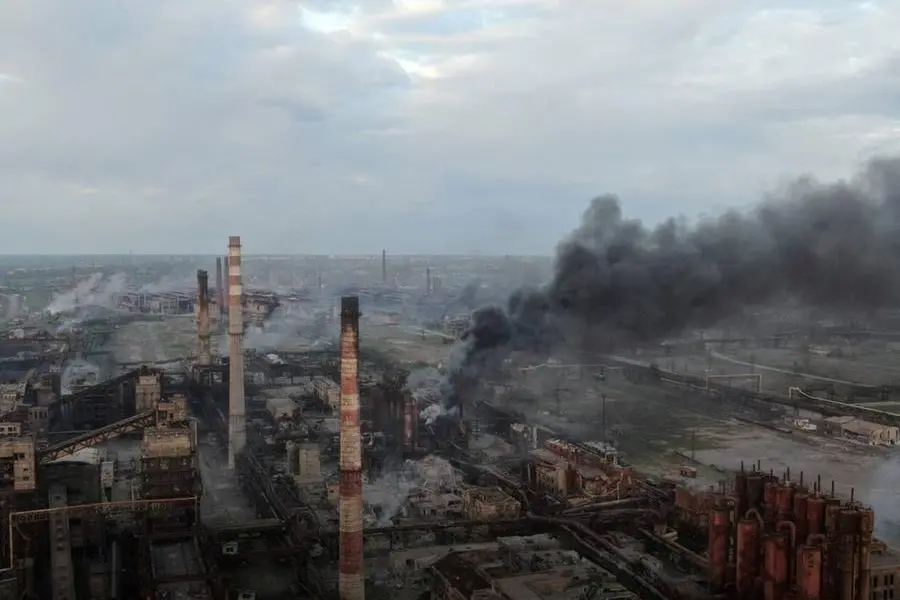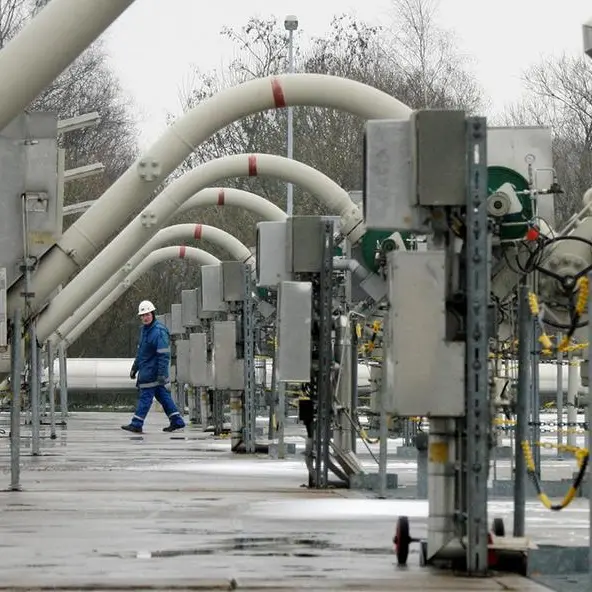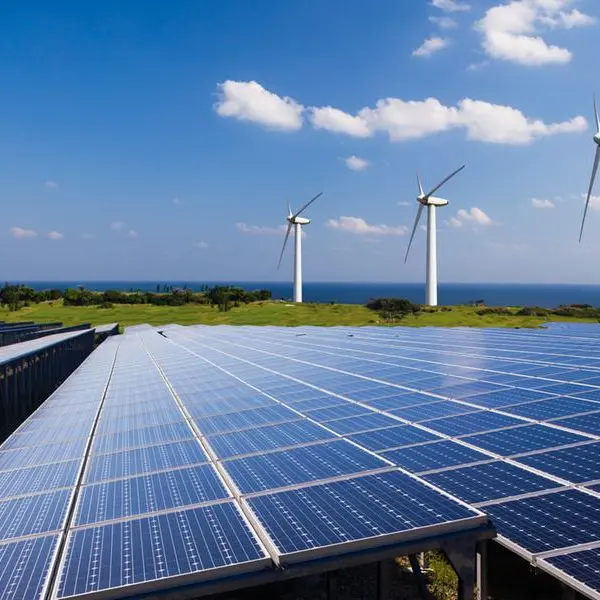PHOTO
MARIUPOL - More than 250 Ukrainian fighters have surrendered after weeks holed up in the labyrinth of bunkers and tunnels below Mariupol's Azovstal steel works as the most devastating siege of Russia's war in Ukraine draws to a close.
Russian forces pummelled Mariupol, a major port on the Sea of Azov between Russia and Crimea, with artillery for weeks while some of the fiercest urban warfare of the conflict left much of the city a wasteland.
Civilians and hundreds of Ukrainian fighters, many of them from the Azov Regiment, sought refuge in the Azovstal works, a vast Soviet-era plant founded under Josef Stalin and designed with a maze of bunkers and tunnels to withstand nuclear attack.
Russia's defence ministry said 265 Ukrainian fighters had surrendered, including 51 who were seriously wounded and would be treated at Novoazovsk in the Russian-backed breakaway Donetsk region.
Ukraine's military command had said in the early hours of Tuesday that the mission to defend the steel plant was over.
"Ukraine needs Ukrainian heroes alive," President Volodymyr Zelenskiy said in his nightly video address.
Pro-Russian forces posted video showing more than 30 fighters carrying wounded soldiers out of the plant before about a dozen buses took the combatants to Novoazovsk.
Most civilians in the plant had been rescued in the last few weeks after the United Nations and the International Committee of the Red Cross brokered a deal with Russia and Ukraine.
But it was unclear what would happen to the fighters now.
Moscow has depicted the Azov Regiment as one of the main perpetrators of the alleged radical anti-Russian nationalism or even Nazism from which it says it needs to protect Ukraine's Russian-speakers.
The Kremlin said the combatants would be treated in line with international norms, while Ukrainian Deputy Defence Minister Hanna Malyar posted a video in which she said: "An exchange procedure will take place for their return home."
SIEGE
Civilians had spoken of desperate conditions in the bunkers, and some of the fighters had endured horrific battle injuries with minimal medical assistance.
The Azov Regiment was formed in 2014 as an extreme right-wing volunteer militia to fight Russian-backed separatists who had taken control of parts of the Donbas - the largely Russian-speaking industrial heartland of eastern Ukraine where Russia says it wants to end Ukrainian rule.
The regiment denies being fascist, racist or neo-Nazi, and Ukraine says it has been reformed away from its radical nationalist origins to be integrated into the National Guard. Ukraine's military command cast all the defenders as "heroes of our time".
Kyiv also denies that Russian speakers have been persecuted in Ukraine, and says the allegation that it has a fascist agenda, repeated daily on Russian media, is a baseless pretext for a Russian war of aggression.
Kremlin spokesperson Dmitry Peskov said on Tuesday that President Vladimir Putin had guaranteed that the fighters who surrendered would be treated "in accordance with international standards".
Zelenskiy said in his address that "the work of bringing the boys home continues, and this work needs delicacy - and time".
But Vyacheslav Volodin, speaker of the State Duma, Russia's lower house, said: "Nazi criminals should not be exchanged."
And lawmaker Leonid Slutsky, one of Russia's negotiators in talks with Ukraine, called the evacuated combatants "animals in human form" and said they should receive the death penalty.
"They do not deserve to live after the monstrous crimes against humanity that they have committed and that are committed continuously against our prisoners," he said.
(Reporting by Reuters; writing by Guy Faulconbridge; Editing by Kevin Liffey)





















